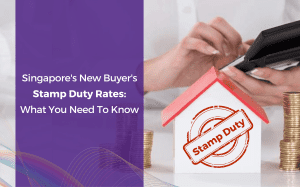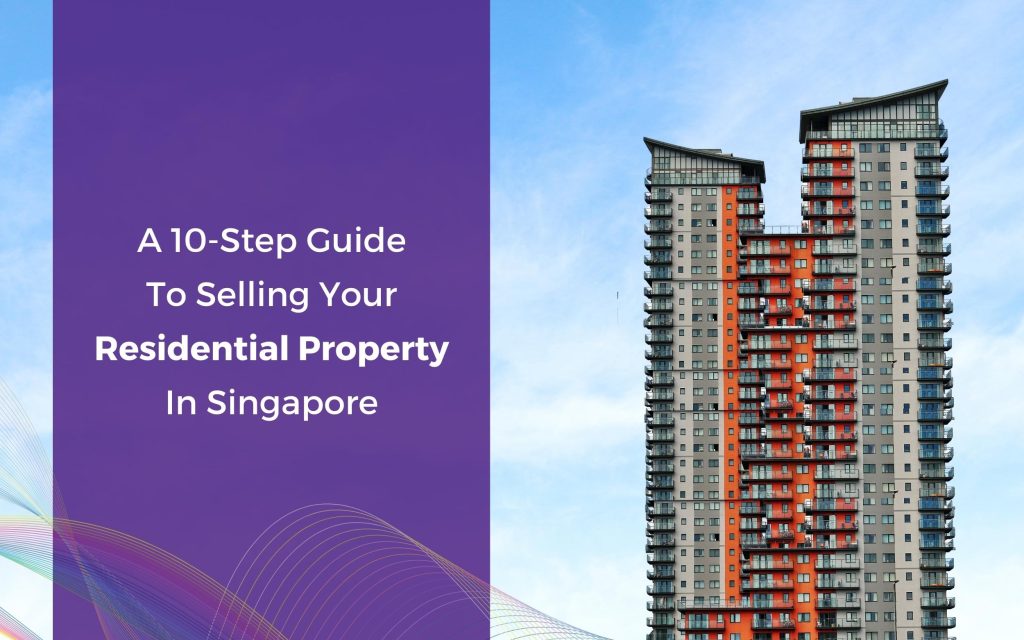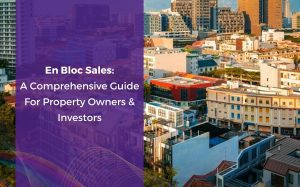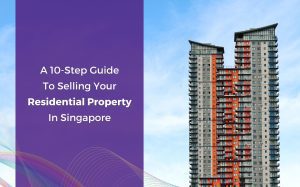
Singapore’s New Buyer’s Stamp Duty Rates: What You Need to Know
To increase the progressivity of the Buyer 8217 s Stamp

Selling your residential property is one of the most significant capital decisions of anyone’s life. And so researching every aspect of the real estate market is pivotal.
In this guide, we will accentuate step by step process of selling your residential property in Singapore. Before that, it is imperative to understand the kinds of residential property in Singapore:
HDB residential properties in Singapore refer to public apartments managed by the Housing and Development Board. HDB flats are the most ordinary form of housing in Singapore and are designed to meet the housing needs of the majority of Singaporeans.
HDB flats are generally more affordable than private properties and come with various benefits, such as subsidies and grants for eligible buyers. However, restrictions on the resale, transfer, and rental of HDB flats do not apply to private properties.
Private housing properties in Singapore include
These properties are owned by private individuals or companies rather than the government-run Housing Development Board (HDB).
In Singapore, “hybrid” residential properties refer to a combination of private and public housing, usually in the form of Executive Condominiums (ECs). ECs are a type of housing similar to private condominiums but with certain restrictions, such as eligibility criteria and resale conditions. They are designed for the sandwiched class, who cannot afford private properties but earn too much to qualify for public housing. ECs offer the benefits of both private and public housing, making them a popular choice for many Singaporean homebuyers.
Below is the step-by-step process of selling a residential property in Singapore:
There is no MOP requirement for private residential properties, and the seller may engage a licensed real estate agent to assist with the sale process.
In conclusion, the process of selling a residential property in Singapore involves preparing the property for sale, pricing it realistically, marketing it to reach potential buyers, negotiating offers, signing a Sale and Purchase Agreement, completing the transaction, and closing the sale. It’s advisable to seek the help of a real estate lawyer to ensure all the legal procedures are adequately followed.
When selling property in Singapore, the following taxes may apply
It’s important to note that the applicable taxes can vary based on the circumstances of the sale, such as the property’s purpose and the seller’s residency status. It’s recommended to seek professional legal and tax advice when selling property in Singapore.
In Singapore, stamp duty for selling a residential property is calculated based on the selling price or market value of the property, whichever is higher. The stamp duty rate for residential properties is 4% for Singaporeans and permanent residents and 7% for foreigners.

To increase the progressivity of the Buyer 8217 s Stamp

Aligning with the objectives of Property Cooling Measures introduced by

Selling your residential property is one of the most significant